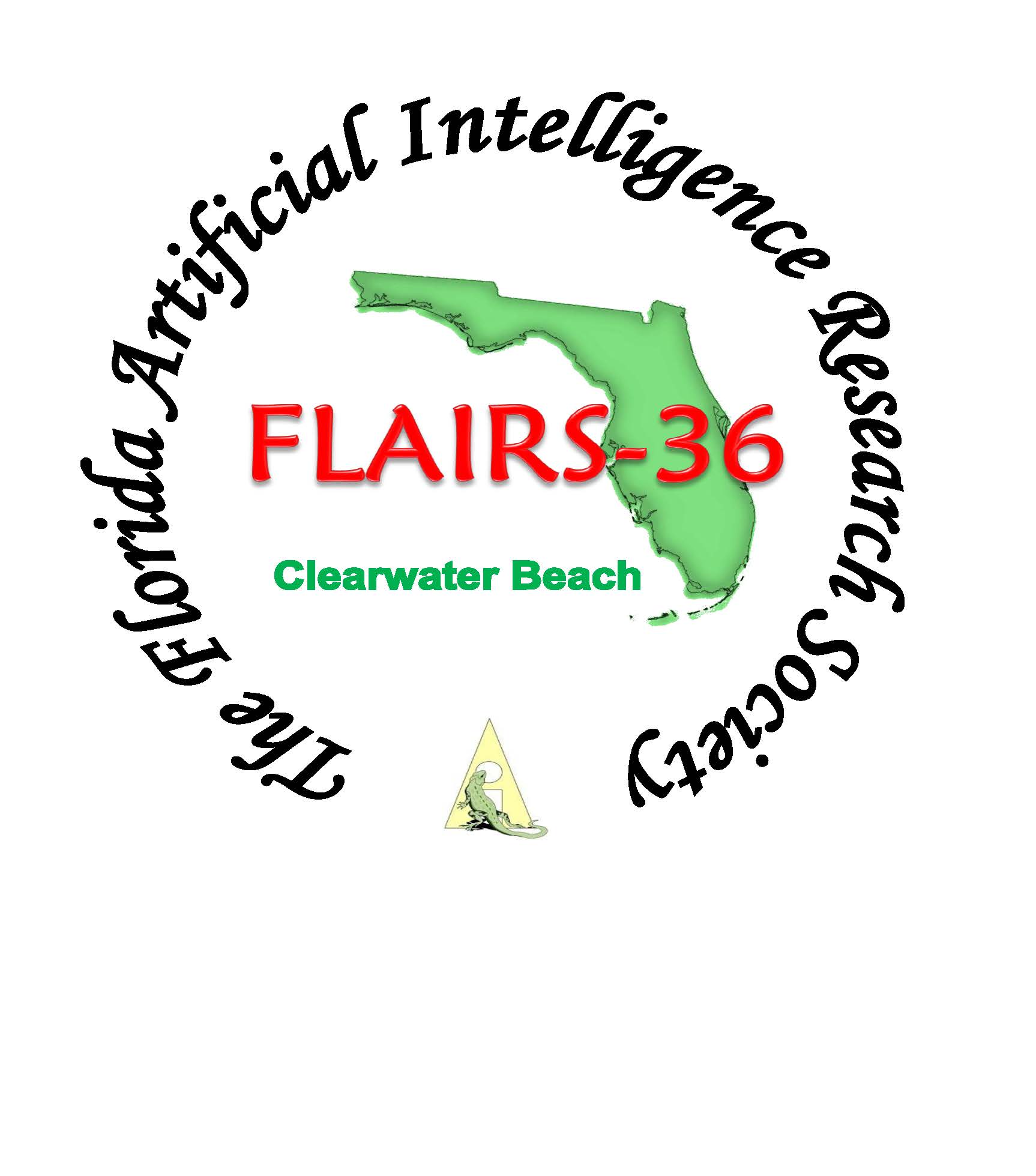Query Transformation for Processing Streams in Decision-making Agents
DOI:
https://doi.org/10.32473/flairs.36.133104Keywords:
streams, continuous queries, ontology based data accessAbstract
An agent in pursuit of a task repeatedly perceives its environment through sensors, updates its state based on observations, and then decides which action to take, given the current state of the environment. Observations have in common that they are made at a given time point and thus referred to as temporal data. Usually, such temporal data is provided as stream data if the agent continuously receives the data, or it is provided as historic data if the stream data is stored in, for instance, a database the agent has access to. DBMSs are especially designed to process static data (i.e. non-temporal data) given a declarative query language such as SQL. However, if the aim is to exploit temporal data as required in time series analysis, SQL has its limits because it does not provide useful abstractions such as a window operator. Hence high-level declarative stream query languages, equipped with time-based window operators were designed. A challenge of those abstractions is the additional overhead of the algorithms that automatically transform high-level queries into low-level queries executable over DBMSs. If not handled properly those transformation algorithms may result in low-level queries with processing times too long for agents to make decisions. We describe a robust and optimized transformation algorithm for a high-level declarative stream query language and show that it leads to low-level queries with feasible processing times on real-world data.
Downloads
Published
How to Cite
Issue
Section
License
Copyright (c) 2023 Simon Schiff, Mena Leemhuis, Özgür Özcep, Ralf Möller

This work is licensed under a Creative Commons Attribution-NonCommercial 4.0 International License.


